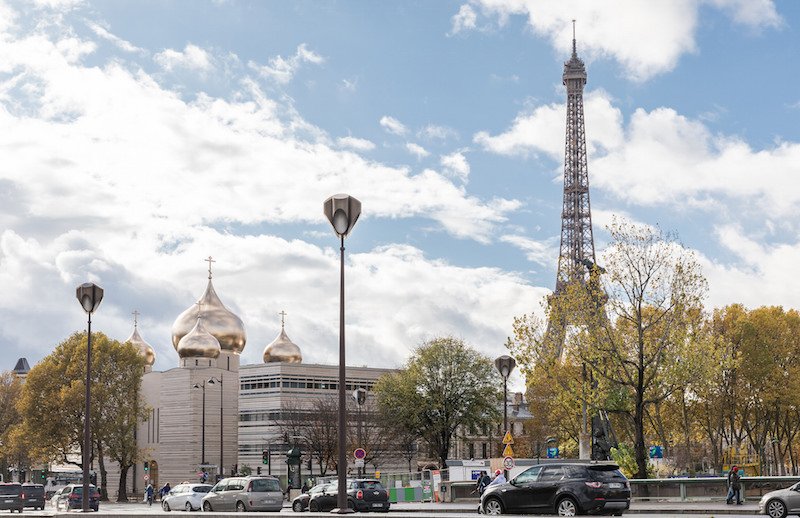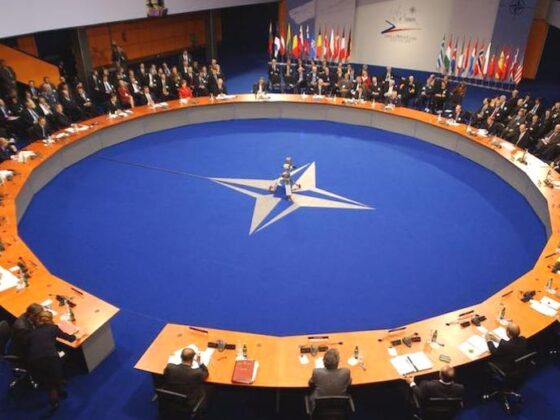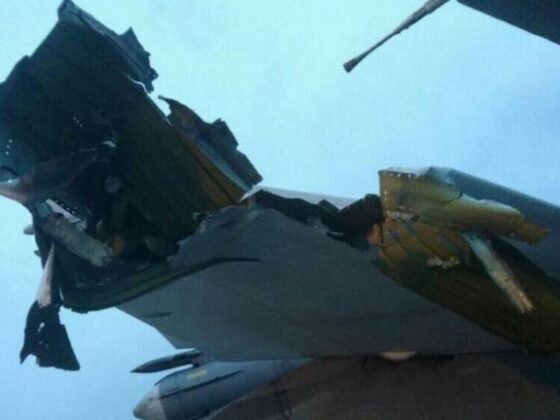(Carnegie Council) The French-Russian relationship is based on a long-standing tradition of cultural exchanges. In the 19th century, France was already one of the preferred destinations for Russian political exiles, and subsequently received several of the major waves of Russian emigration in the interwar period. Under the presidency of de Gaulle, it positioned itself as a European power relatively favorable to the Soviet Union. France's strong Communist tradition also encouraged a certain ideological proximity, and Russian was widely taught at secondary school level until the collapse of the USSR. The bilateral relationship is more complex today, characterized by close-knit economic and cultural interrelationships but also by political difficulties over the main international issues, the most important of which are Ukraine and Syria. Since the support shown by Russia to the European extreme right and the—now waning—honeymoon between the Front National (National Front) and some Kremlin circles, debate in France on the "Russian presence" and "Russia's networks of influence" has escalated, sometimes reaching extreme forms of paranoia founded on gross exaggeration, groundless supposition, and the reproduction of American arguments concerning the rumored Russian hand in electing Donald Trump.
The objective of this paper is to analyze, dispassionately and without apportioning blame, the Russian presence in France. All the major powers exert many forms of soft power in countries they consider to be critical internationally, of which France is quite naturally one. Rather than considering Russia to be a case apart, it would be worthwhile to compare Russian activities in France with the means used by the United States, China, Saudi Arabia, or Qatar. Russian soft power may take several forms, and this paper concentrates on one: cultural soft power. It does not consider activities organized officially by the Russian state or by the Russian Embassy in France, though these have considerable importance: for instance, Russia was the guest of honor at the Salon du Livre (Book Fair) in 2010 and will be again in 2018, and the Dialogue du Trianon was launched last year by Presidents Macron and Putin to foster exchanges between French and Russian civil society. Instead, the paper maps the make-up of Russian soft power in France by looking at networks that are not directly state-produced: diaspora organizations, those linked to business, the major Orthodox foundations, the Russian Orthodox Church, and the think tanks and media realms. […]
Read More © Carnegie Council











